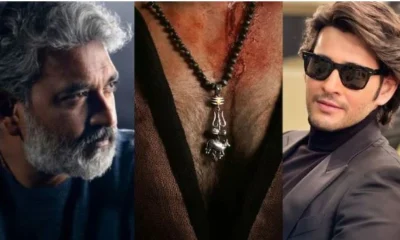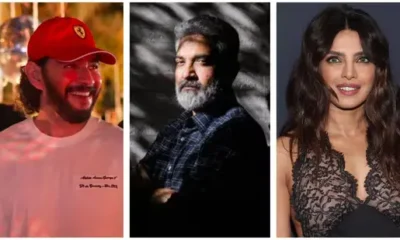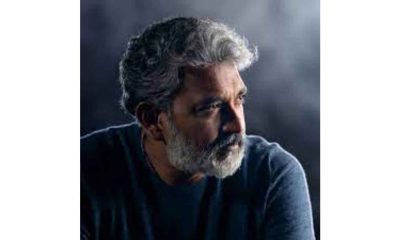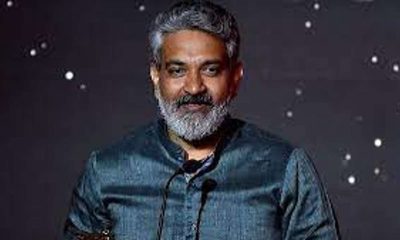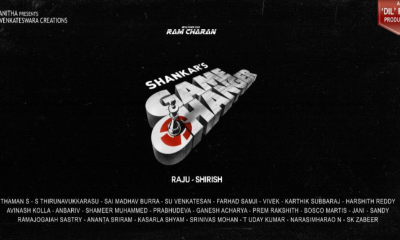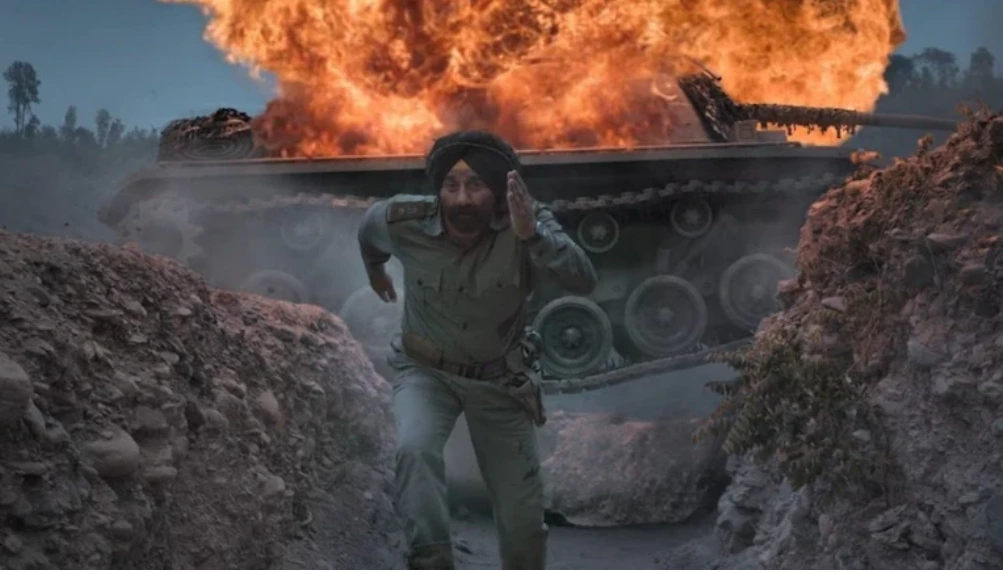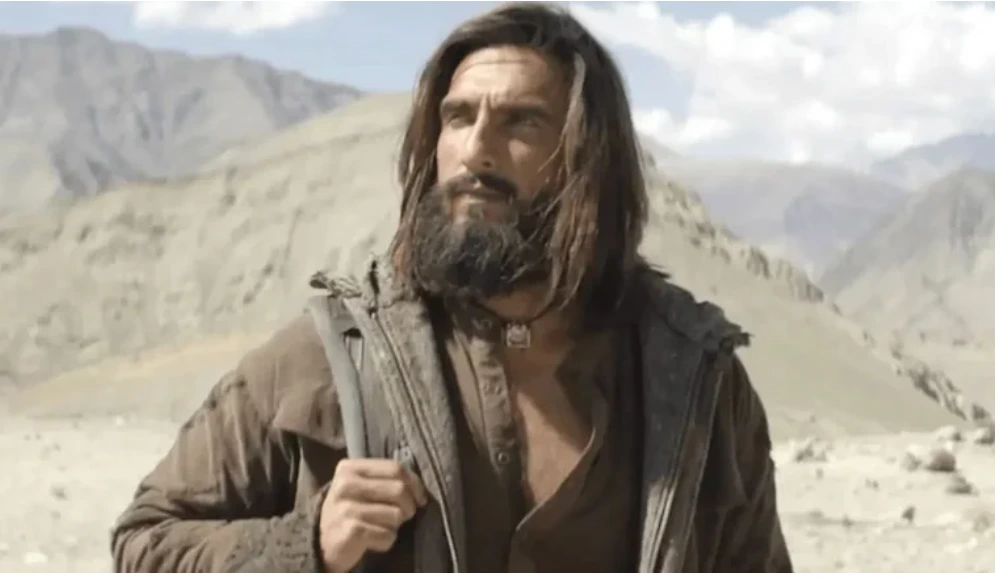Entertainment
BAFTA 2023: SS Rajamouli’s RRR out of final shortlist, check full nominations here
The BAFTA 2023 will take place on February 19.
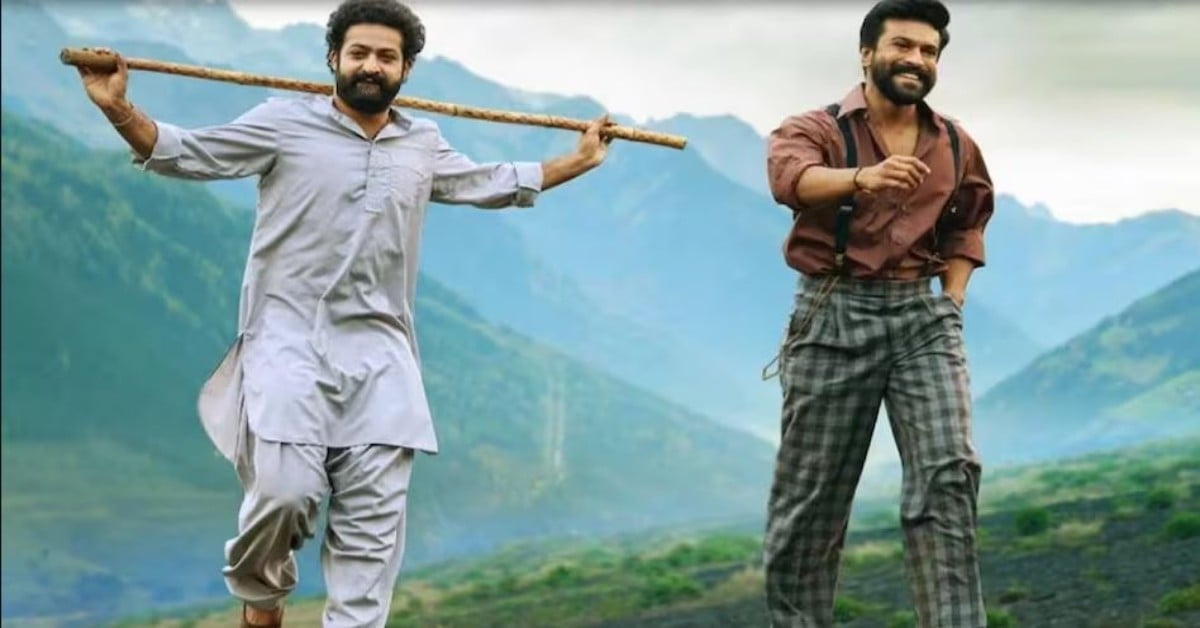
Entertainment
Border 2 box office collection day 12 crosses Rs 286 crore, eyes Rs 300 crore milestone
Border 2 box office collection reaches Rs 286.75 crore after 12 days, putting the Sunny Deol-led film close to the Rs 300 crore milestone.
Entertainment
Why Dhurandhar on Netflix runs shorter than its original theatrical cut
Dhurandhar’s Netflix release sparked confusion over its shorter runtime. The difference is linked to muted dialogue and an updated theatrical cut.
Entertainment
Border 2 box office collection day 1 crosses Rs 30 crore
Border 2 opens to Rs 30 crore on day one, becoming the biggest opener for Varun Dhawan, Ahan Shetty and Diljit Dosanjh.
-

 Latest world news13 hours ago
Latest world news13 hours agoTrump signs 10% global tariffs after US Supreme Court setback
-

 Latest world news13 hours ago
Latest world news13 hours agoPM Modi meets Sri Lankan President Dissanayake at AI summit, reviews connectivity agenda
-

 India News13 hours ago
India News13 hours agoRSS not seeking political power, focused on uniting Hindu society, says Mohan Bhagwat
-

 Latest world news4 hours ago
Latest world news4 hours agoIndia studying implications after US Supreme Court strikes down Trump’s global tariffs

